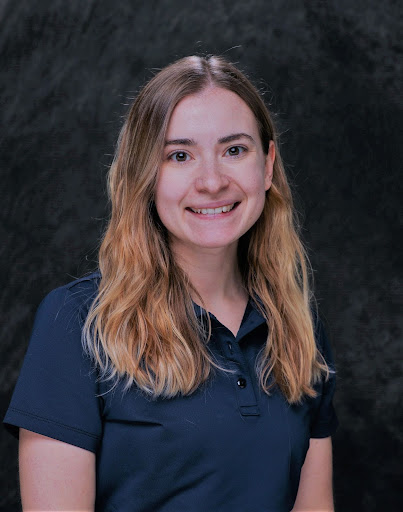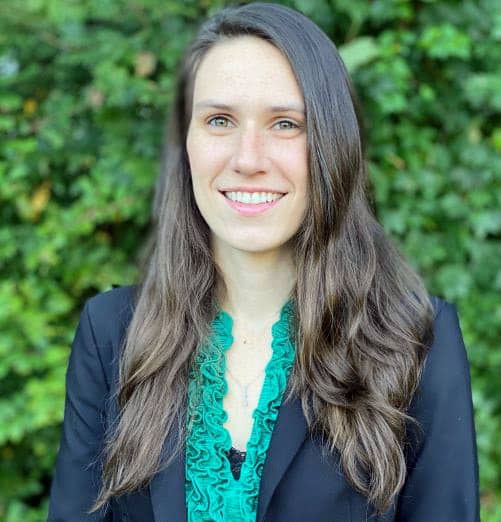Advancing Clinical Science: The PCSAS Blog
- Accreditation Updates for Clinical Psychology Programs (4)
- Building Trust in Research Practices (1)
- Clinical Psychology Education Structure (1)
- Clinical Psychology Training (4)
- Community Engagement in Psychology Research (1)
- Diversity, Equity, and Inclusion in Psychology Training (2)
- Ethics in Psychological Research (2)
- Financial Challenges in Psychology Training (1)
- Graduate Student Well-Being (3)
- Mental Health and Therapy Insights (3)
- Mentorship and Career Guidance (4)
- Mentorship and Communication (3)
- Navigating Graduate School (5)
- Newsletter (101)
- Open Science in Psychology (1)
- Predoctoral Internship Preparation (3)
- Professional Development for Therapists (6)
- Psychology Graduate Student Resources (8)
- Psychology Services (1)
- Psychology Training Reform and Policy (1)
- Sleep Health and Academic Life (1)
- Stress Management for Students (2)
- Uncategorized (1)
- Work-Life Balance in Academia (2)
Child Development (5) Clinical Psychology (40) Clinical Science (25) Clinical Science Training (7) Clinical Training (7) COVID-19 (5) Diversity in Psychology (7) Early Childhood (4) Evidence-Based Practice (6) Gabriela Memba (4) Graduate Education (6) Graduate Student Resources (7) Graduate Training (9) Higher Education (6) Internship Preparation (5) Mental Health (14) Mental Health Disparities (8) PCSAS (11) PCSAS Accreditation (5) Professional Development (11) Professional Standards in Psychology (4) Psychological Research (10) Psychological Science (4) Psychology Education (11) Psychology Training (11) Psychology Training Programs (5) Social Justice (5) Social Justice in Psychology (5) UCLA (4) Work-Life Balance (6)
-
PCSAS Review Committee Releases a Report on the Quality of Clinical Training in PCSAS Programs.
-
Revise and Resubmit: Tips for Successful Response to Reviewer Feedback
First off, congratulations on receiving a revise and resubmit! Before you do anything else (including reading the rest of this article) go treat yourself, whether that means grabbing a fancy coffee, going for a long walk with a good friend, or binge watching your favorite series on Netflix (go ahead, I’ll wait). Okay, now that […]
-

Conducting transparent, accessible research as graduate students: Myths about Open Science
Open science in psychology refers to transparent and collaborative practices prioritizing more accessibility and reproducibility in research processes. In the past decade, pre-registration has soared from a few-known initiatives to thousands per year (Simmons et al., 2021). Open science has gained popularity because researchers can frequently use this practice to gain more citations, form more […]
-
Resident or Intern? Recent Discourse on Reorganization of the Pre-Doctoral Internship
The origins of the predoctoral internship in psychology date most officially to the 1940s, meaning that nearly a century of psychologists have navigated the intense process that stands between dissertation and doctorate (Morrow, 1946). Currently, psychology graduates enter the match in the year before their intended internship and are not eligible for conferral of the […]
-
How To Incorporate Tools From Organizational Skills Training Into Your Life As A Graduate Student
by Shannon Grogans, M.A., & Nicholas Marsh, M.A., University of Maryland The transition from being an undergraduate or post-baccalaureate research coordinator into one’s clinical psychology doctoral program can be an overwhelming task for individuals. Prospective doctoral students are typically highly successful and motivated; however, more support is likely needed for many during their transition. In […]
-

The Greatest Barrier to Open Access: The Pay to Play Model of Academic Publishing
by Thomas Harrison, M.A., Stony Brook University The concept of increasing scientific communication originates in academic publishing in 1665 (Fyfe, 2015). Indeed, the longest running scientific journal, the Philosophical Transactions of the Royal Society was founded to embody empirical philosophy set forth by Sir Frances Bacon (The Royal Publishing Society, n.dab). Here, the sole goal […]
-

Dear Therapists: An Interview with Lori Gottlieb on Navigating Graduate School and Beyond
by Madeline Pike, M.A., Temple University Lori Gottlieb is a psychotherapist, New York Times bestselling author of “Maybe You Should Talk to Someone” and “Marry Him,” TED Speaker, co-host of the popular “Dear Therapists” podcast, and “Dear Therapist” columnist for The Atlantic. Her books have sold over one million copies worldwide. In her work, Lori […]
-

The History and Future of Preparing for Predoctoral Internship Programs
Gabriella Memba, M.A., University at Buffalo Coming from a clinical science background, I approached the predoctoral internship application process as I would a research paper. I spent days upon days scouring the internet and speaking with my colleagues and mentors in an effort to learn as much as I could about the Do’s and Don’ts […]
-

The Workday Creep and Your Sleep: Addressing Technology, Communication, and Sleep Health for Graduate Students and Trainees
By Samantha Nagy, M.A., University of Arizona Modern communication methods such as email can make exchange of information easier and more convenient, but it can also blur the lines between work and personal time, particularly for graduate students. Laptops and smartphones are easily accessed in the bed, which can negatively impact sleep duration and quality […]
-
University of Pittsburgh is Reaccredited
On July 3, 2024, the PCSAS Review Committee voted to reaccredit the clinical science program at the University of Pittsburgh. The PCSAS Board of Directors endorsed the RC’s vote. Congratulations to our colleagues at Pitt!
-
University of Rochester Now Accredited by PCSAS
In a meeting held on May 22, 2024, the PCSAS Review Committee voted to grant accreditation to the University of Rochester’s clinical science program. The PCSAS Board of Directors endorsed that decision. The University of Rochester becomes the 48th program to be recognized by PCSAS. We welcome our colleagues from Rochester to the PCSAS family.
-
Emory University Reaccredited
On May 22, 2024, the PCSAS Review Committee voted to reaccredit Emory University. The PCSAS Board of Directors endorsed the RC’s vote. Congratulations to our colleagues at Emory!
-

Can Natural Language-based Artificial Intelligence Systems Address Psychopathology?
By Alexander Williams, M.S., Northwestern University Despite a proliferation of evidence-based practices (e.g., Hollon et al., 2006; Tolin, 2010), there is no compelling evidence that mental health problems have decreased in prevalence in recent decades. Indeed, at least among adolescents, the available evidence more frequently points to the increasing prevalence of psychological distress, depression, and suicide-related outcomes […]
-
PCSAS Review Committee Releases a Study Concerning the Characteristics of PCSAS Students Applying for Internship and Predictors of Match Outcomes
The PCSAS Review Committee (RC) frequently is asked whether normative data are available for characteristics of PCSAS-accredited programs, their current students, their graduates, and their faculty. One of the most common requests is for normative data at the time of internship application, including students’ clinical hours, productivity, etc. Thus, as a part of the Annual […]
-
University of Miami now accredited by PCSAS
In a February meeting, the PCSAS Review Committee voted to grant accreditation to the University of Miami’s clinical science program. The PCSAS Board of Directors endorsed that decision. The University of Miami becomes the 47th program to be recognized by PCSAS. We welcome our colleagues from the University of Miami to the PCSAS family.
-
PCSAS Student Town Hall Held on 1/26/24
Joanne Davila, President of the PCSAS Board of Directors, and Joe Steinmetz, PCSAS Executive Director, met with students from several PCSAS programs to answer questions posed by the students. A link to a recording of the Town Hall can be found here.









